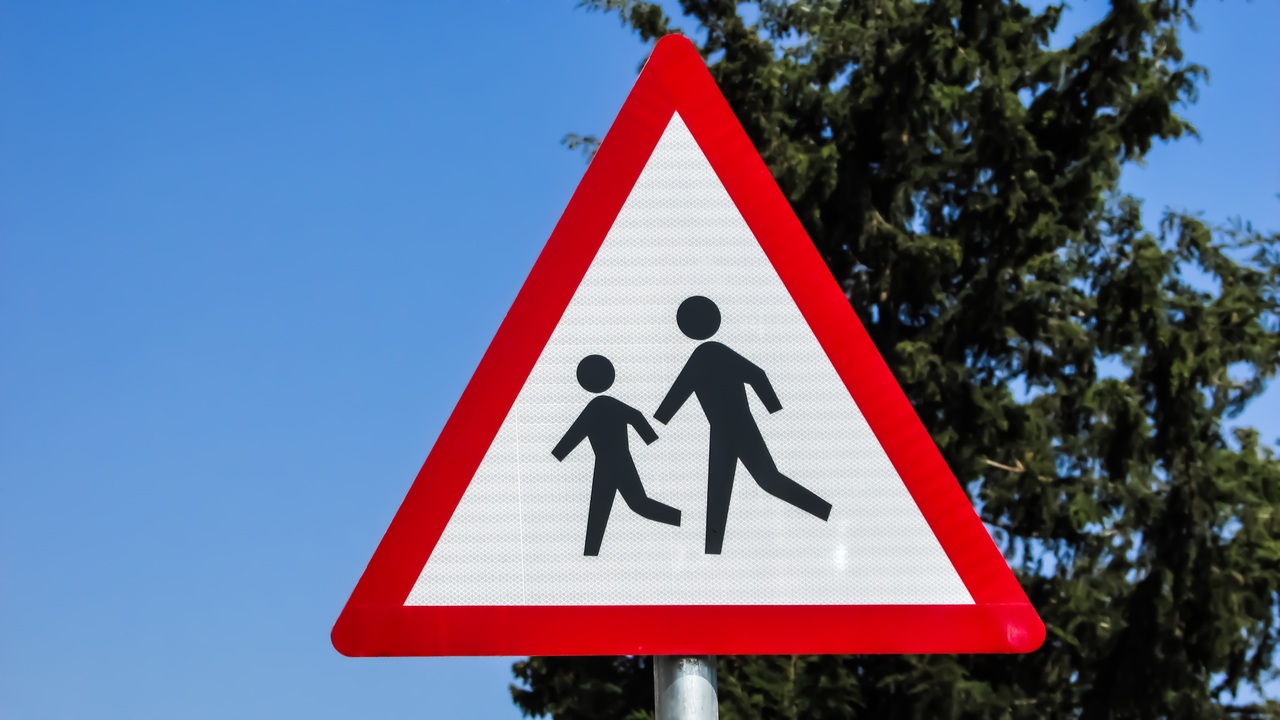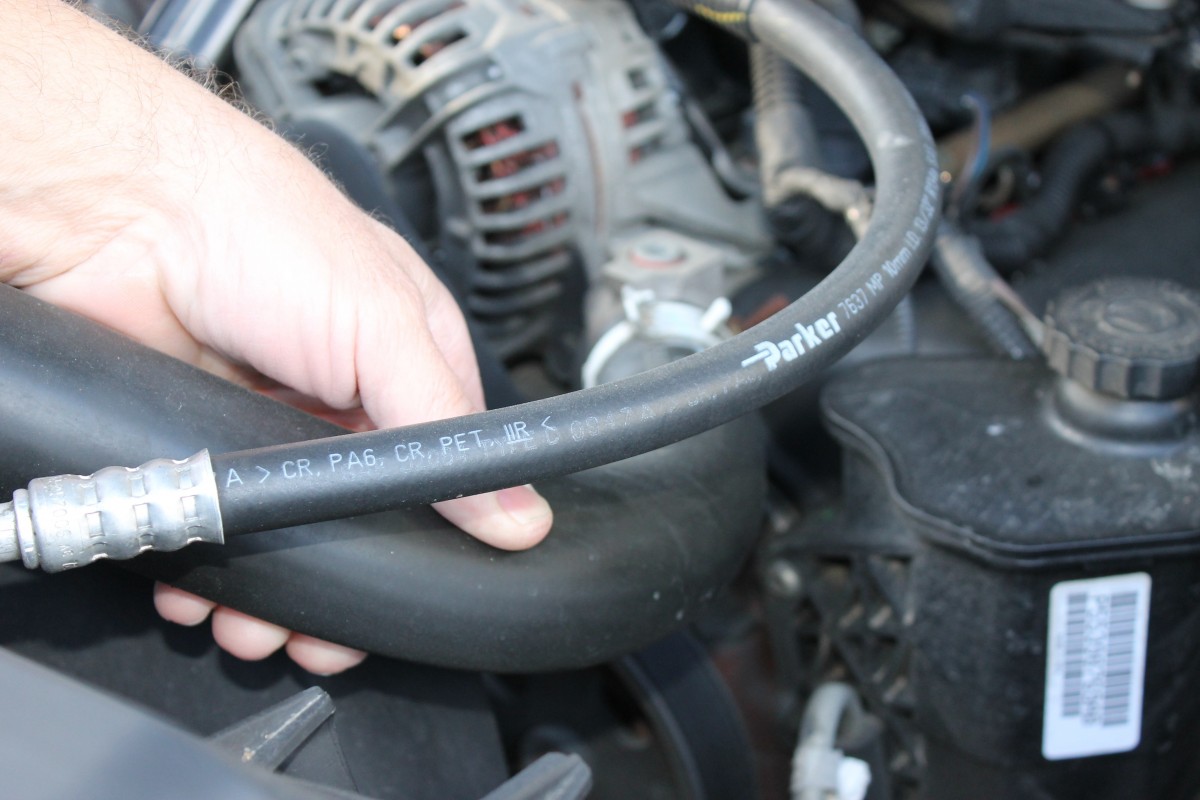Caution: School children ahead
Since school has resumed for most students, the Road Safety Partnership South Africa (RSP-SA) is cautioning drivers to expect more challenges on the road.
Since school has resumed for most students, the Road Safety Partnership South Africa (RSP-SA) is cautioning drivers to expect more challenges on the road. From more children crossing the street unexpectedly to transporters who have been off the road for so me time, drivers need to be prepared for whatever challenges this may create for them.

You can expect roads to be busier and if you were previously tempted to take advantage of the emptier roads, rather slow down and be more cautious
The RSP-SA says the first challenge to anticipate is increased traffic.
“Many drivers have become accustomed to open roads and less obstacles to be careful of. Now, however, with both an increase in school transportation and employees returning to work under level three, think twice about racing down streets that have been quiet, particularly those in close vicinity to schools.

“Drivers who have not been on the road for some time may also still be recalling their driving muscle memory. Their reflexes, if someone suddenly cuts them off or they need to swerve out of the way, will therefore be slower. In general, you can expect roads to be busier and if you were previously tempted to take advantage of the emptier roads, rather slow down and be more cautious.”
As roads get busier as students return to school, keep the theme of the UN Global Road Safety Week in mind. “This year the initiative called for the lowering of speed limits in areas that are congested with both vehicles and people. The #Love30 campaign promoted the lowering of speed limits to 30km/h in these areas.

Make it your own commitment to lower driving speeds to make the roads safer for both young pedestrians and other vehicles
“Even if the campaign is not successful in lowering speed limits to 30km/h, not just around schools but in any area that may have more school children after school, make it your own commitment to lower driving speeds to make the roads safer for both young pedestrians and other vehicles.”
As you drive in the coming weeks spare a thought for the young road users. “Around 1 000 children, both as pedestrians and occupants, are killed on South African roads each year while another 45 000 are injured. Ensure you do not add to this figure by not being careful in areas where children are likely to be,” says the RSP-SA.
Courtesy of MasterDrive




